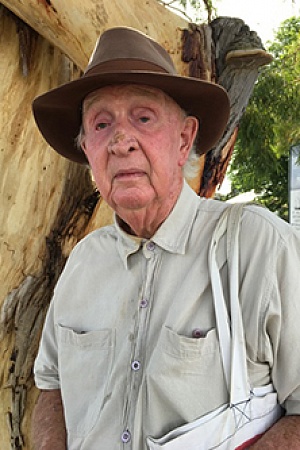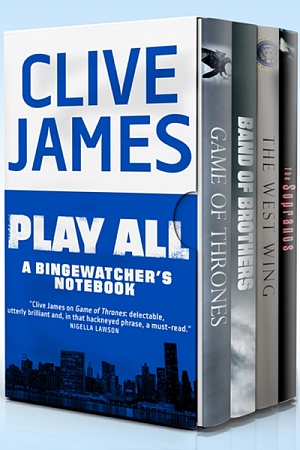States of Poetry 2016 - South Australia | State Editor's Introduction by Peter Goldsworthy
I sometimes think that poetry sits in relation to the great empire of the Novel as precariously as early Christianity in the Roman Empire: small groups of devotees gathering in catacombs to perform their sacred rites. OK, the stakes are not as high (the odd literary lion notwithstanding) and things have changed a little in recent years (new media platforms, performance-based and multi-media readings) but the art still feels distinctly underground.
This has an upside. Novelists might worry if their books will sell, but not poets. Of course they won't sell – they're poetry – but this offers not only relief from anxiety, but a profound freedom.
I've chosen these six South Australian poets as proof of that freedom, and the great diversity of poetic voices it allows: if nothing else, a poem is an expression of a unique, personal voice. This applies even (or perhaps especially) when that voice is programmatically anti-personal. There might be rules in poetry, but they are different sets of rules; any and every poet can invent their own. In an age in which the publishing empires impose increasingly commercial templates on fewer and fewer novels, poetry offers the exact opposite.
Adelaide has more than its share of catacombs. The Friendly Street readings are decades old now, the longest continuously running readings in the world for all I know. Kate Llewellyn, one of the six poets I've selected here, was there at the beginning; most of the others have read there. Ken Bolton's 'Lee Marvin Readings' continue, word-of-mouth, to attain legendary status; most of these poets have also squirmed through one of Bolton's hilariously irreverent introductions. His anti-CVs should be published in their own slim volume. There are other venues: Spin at Christies Beach; words@the wall at the State Library; Dead Poets Society at Dymocks; readings at the Halifax café and the Coffee Bean – plus various Slam and open-mic events.
Whether metaphorically underground or in the middle of a shopping mall, all offer an opportunity to test-run the penultimate, and perhaps most important, draft of a poem: the reading-aloud draft.










Leave a comment
If you are an ABR subscriber, you will need to sign in to post a comment.
If you have forgotten your sign in details, or if you receive an error message when trying to submit your comment, please email your comment (and the name of the article to which it relates) to ABR Comments. We will review your comment and, subject to approval, we will post it under your name.
Please note that all comments must be approved by ABR and comply with our Terms & Conditions.